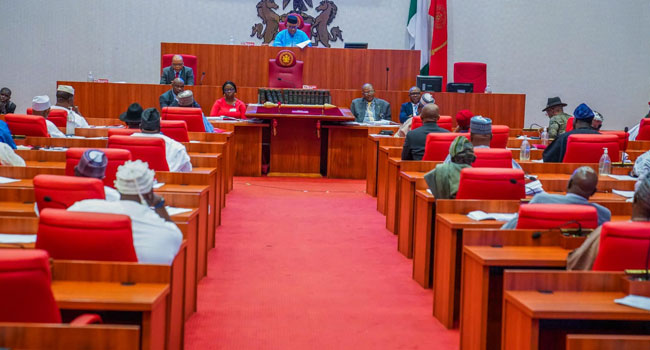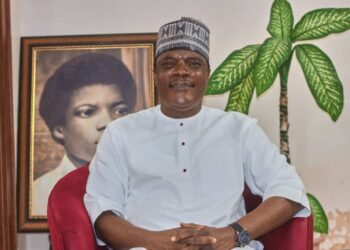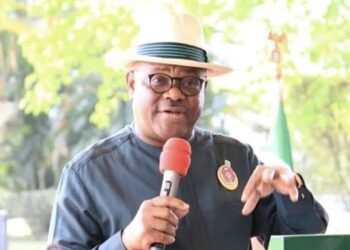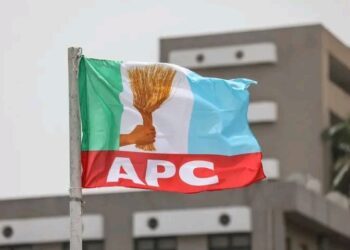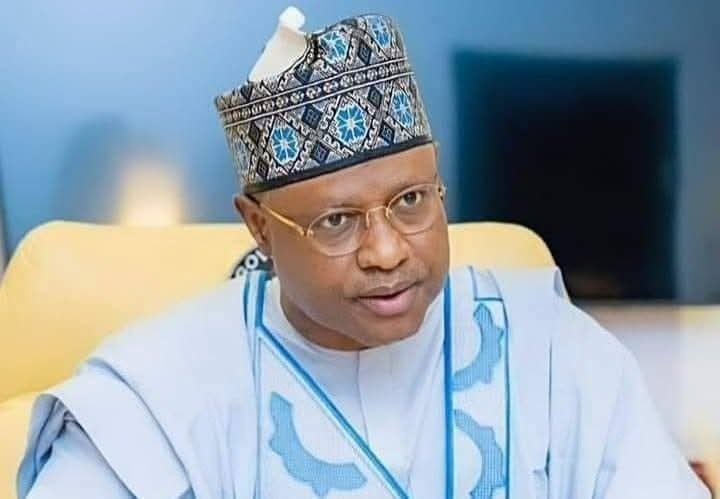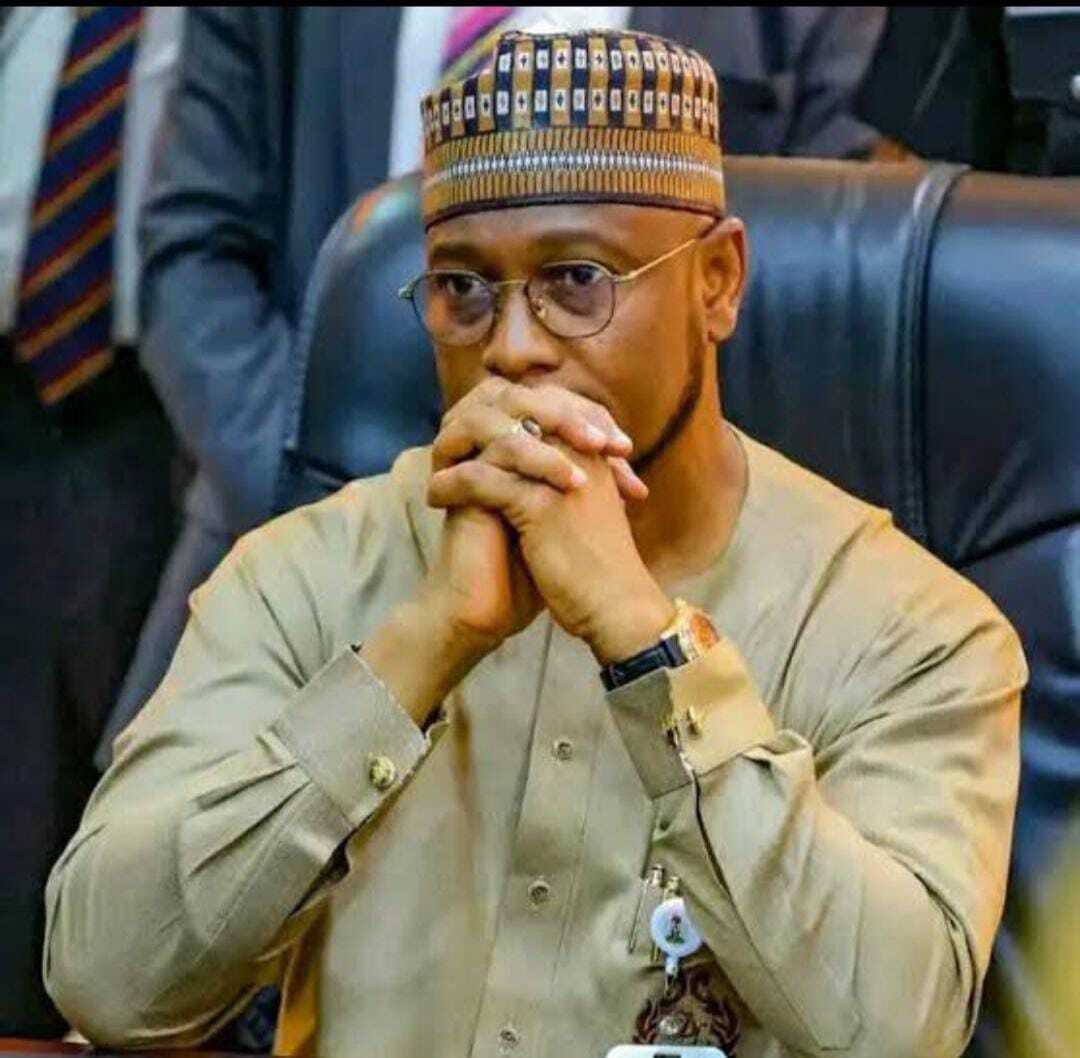The Senate, on Tuesday, resolved to look into the systemic abuse of Federal Character principle in recruitment, promotion, and political interference in all Ministries, Departments, and Agencies of government (MDAs), and the uneven infrastructural development across the country.
The lawmakers also resolved to determine the level of compliance with Sections 14(3) and 14(4) of the 1999 Constitution (as amended) by the MDAs.
The lawmakers consequently mandated its Committee on Federal Character and Inter-Governmental Affairs to conduct thorough investigative hearings on all MDAs of the Federal Government with a view to immediately ascertaining their degrees of compliance with the provisions of Sections 14(3) and 14(4) of the 1999 Constitution (as amended), ensuring fair and equitable representation across all regions and ethnic groups in appointments, promotions and recruitment and report back in four weeks.
The resolutions of the lawmakers were sequel to the adoption of a motion sponsored by the Senate Minority Whip, Senator Osita Ngwu, at plenary on Tuesday.
Earlier, moving the motion, Ngwu noted the persistent challenges in achieving balance and equity within Nigeria’s public service due to limited recruitment opportunities, skewed promotions based solely on years of service, and insufficient avenues for worker mobility outside the public sector.
He also noted that the Federal Character Principle, entrenched in the 1999 Constitution of the Federal Republic of
Nigeria (as amended) mandates fair representation in federal appointments to reflect the linguistic, ethnic, religious, and geographic diversity of the nation.
The lawmaker observed with concern that the process of addressing public sector disparities has been undermined by institutional inertia and a lack of accountability, particularly as recruitment at senior levels is influenced more by internal preferences than by merit and fairness.
He lamented that the contempt emanating from the foregoing, if unchecked, will continually erode the efficacy of Section 14(d) & (e) ofthe Legislative Houses (Powers and Privileges) Act, 2017, Part.I(1) (2) of the Subsidiary Legislation 23 of 1997 and Sections 11(2) of the Freedom of Information Act, 2011.
He expressed concerns that the Federal Character Commission (FCC), whilst constutionally empowered, remained hindered by chronic underfunding, political interference and limited enforcement capabilities
He said, “Aware that Section 14(3) & (4) of the Constitution, which unequivocally stipulate that “no predominance of persons from a few states or from a few ethnic or sectional groups” should exist within the federal government or its agencies; Also aware that despite a focus on geographical quotas, imbalances persist between institutions, often relocating problems rather than resolving them, while certain regions remain underrepresented.
“Also observes that the quota system has, in many cases, created confusion between merit-based recruitment and equitable state representation, to the detriment of discipline, morale and institutional efficiency; Highlights the constitutional criteria for equitable distribution of employment which requires that each state
contributes its proportionate quota of 2.75% of the national workforce; and the Federal Capital Territory (FCT) to account for 1.00% of the workforce; while catchment areas are to address localized recruitment for junior staff up to 75% of positions.
“Regrets that against the spirit of Order 96(27)(b) of the Senate Standing Orders 2023 (as amended) and Sections 62, 88, 89, 14(3)-(4) and the Third Schedule Part I C8(1) of the Constitution of the Federal Republic of Nigeria 1999 (as amended) which bestowed on its Committee on Federal Character and Inter Governmental Affairs the power of legislative oversight in matters connected to the implementation and monitoring of the policy, it is deemed that various federal institutions including NNPCL and its subsidiaries, NUPRC, NAFDAC, NPA, PENCOM, NDIC, FUTA, NLN, SMEDAN, ECN, SMDE, NNRA have consistently failed to adhere to federal character mandates, often bypassing regulations in their recruitment exercise (evidences abound).”


